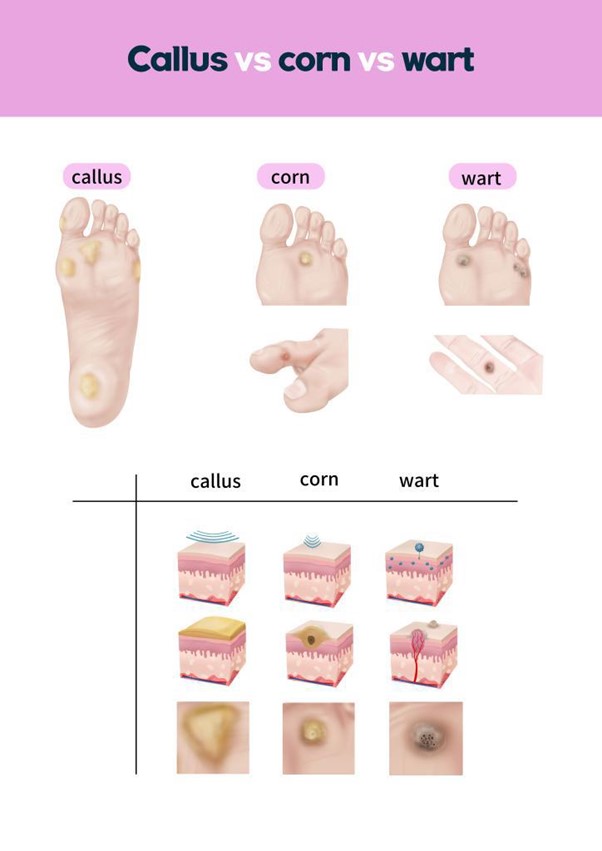A nurse is caring for a client.
Click on the findings that require immediate follow-up. To deselect a finding, click on the finding again.
Nurses' Notes
1500:
Client is alert and oriented to person, place, and time. Client is 4 hr postoperative following abdominal surgery. Surgical site has a small amount of serosanguineous drainage on dressing. Dressing is intact. Client reports pain as 5 on a scale of 0 to 10. Lung sounds are diminished in posterior lobes. Bowel sounds are hypoactive in all 4 quadrants. Last bowel movement was this morning.
1730:
Client is restless and short of breath. Reports pain as 8 on a scale of 0 to 10. Pain medication administered.
Vital Signs
1730:
- Temperature 37.2° C (98.9° F)
- Blood pressure 168/84 mm Hg
- Heart rate 116/min
- Respiratory rate 24/min
- Oxygen saturation 93% on room air
a small amount of serosanguineous drainage
Lung sounds are diminished in posterior lobes
pain as 5 on a scale of 0 to 10
Blood pressure 168/84 mm Hg
Respiratory rate 24/min
Oxygen saturation 93% on room air
Bowel sounds are hypoactive in all 4 quadrants
The Correct Answer is ["A","B","C","D"]
a small amount of serosanguineous drainage,
Lung sounds are diminished in posterior lobes,
pain as 8 on a scale of 0 to 10,
Blood pressure 168/84 mm Hg
Nursing Test Bank
Naxlex Comprehensive Predictor Exams
Related Questions
Correct Answer is B
Explanation
Choice A reason:
Performing percussion over the lower back: While percussion is part of the postural drainage technique, the specific areas to be percussed depend on the client's individualized care plan, which is based on the location of lung segments affected by cystic fibrosis. The nurse should follow the care plan and target the appropriate lung segments for percussion.
Choice B reason:
Covering the area of percussion with a towel is correct. When performing postural drainage with percussion and vibration for a client with cystic fibrosis, it is important to cover the area of percussion with a towel. This helps protect the client's skin and prevent discomfort or injury during the procedure. The towel acts as a barrier between the nurse's hand and the client's skin, allowing for effective percussion while minimizing friction and pressure
Choice Creason:
Scheduling postural drainage after meals: Postural drainage is ideally performed before meals or at least 1-2 hours after meals to avoid potential discomfort or vomiting due to the positioning and movement during the procedure.
Choice Dreason:
Instructing the client to exhale quickly during vibration: Vibration is typically performed during the client's exhalation phase, but the instruction should focus on slow, controlled exhalation rather than quick exhalation.
Correct Answer is D
Explanation
Choice A reason:
Soaking feet in warm water daily is not recommended for individuals with diabetes, as it can increase the risk of skin maceration and infection. People with diabetes should be cautious about foot care practices that involve prolonged moisture exposure.
Choice B reason:
Placing an oval corn pad over the toes with corn and removing it weekly may not be the best approach, as it can increase pressure on the area and potentially cause further skin irritation.
Choice C reason:
Using over-the-counter liquid medication to remove corns is not recommended for individuals with diabetes, as it can cause skin irritation, burns, or infection. It's important for individuals with diabetes to seek professional guidance for proper foot care.
Choice D reason:
"I can apply lotion to soften calluses as long as I don't put lotion between my toes." This is the correct statement. This statement indicates an understanding of proper care for corns and calluses. Applying lotion to soften calluses can help reduce discomfort, but it's important to avoid putting lotion between the toes to prevent excess moisture build-up that could lead to skin breakdown or infection.

Whether you are a student looking to ace your exams or a practicing nurse seeking to enhance your expertise , our nursing education contents will empower you with the confidence and competence to make a difference in the lives of patients and become a respected leader in the healthcare field.
Visit Naxlex, invest in your future and unlock endless possibilities with our unparalleled nursing education contents today
Report Wrong Answer on the Current Question
Do you disagree with the answer? If yes, what is your expected answer? Explain.
Kindly be descriptive with the issue you are facing.
